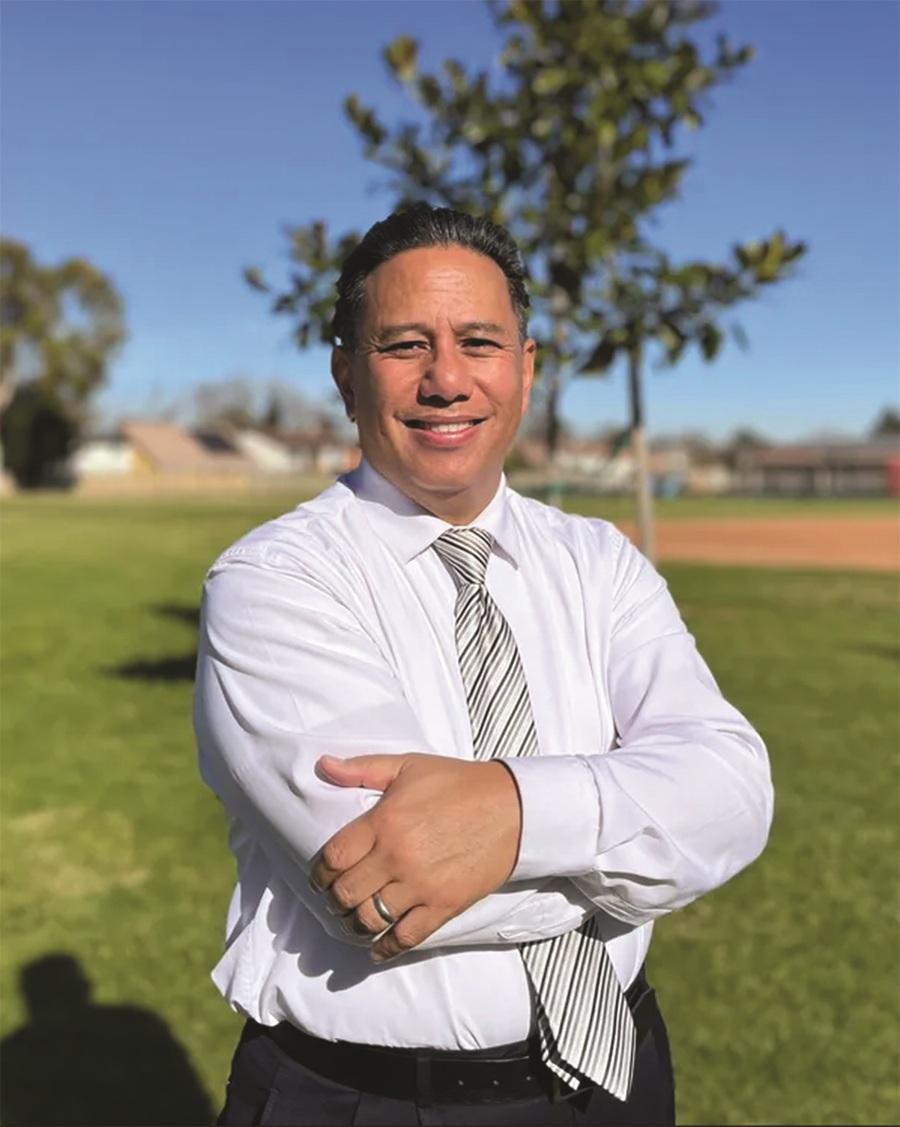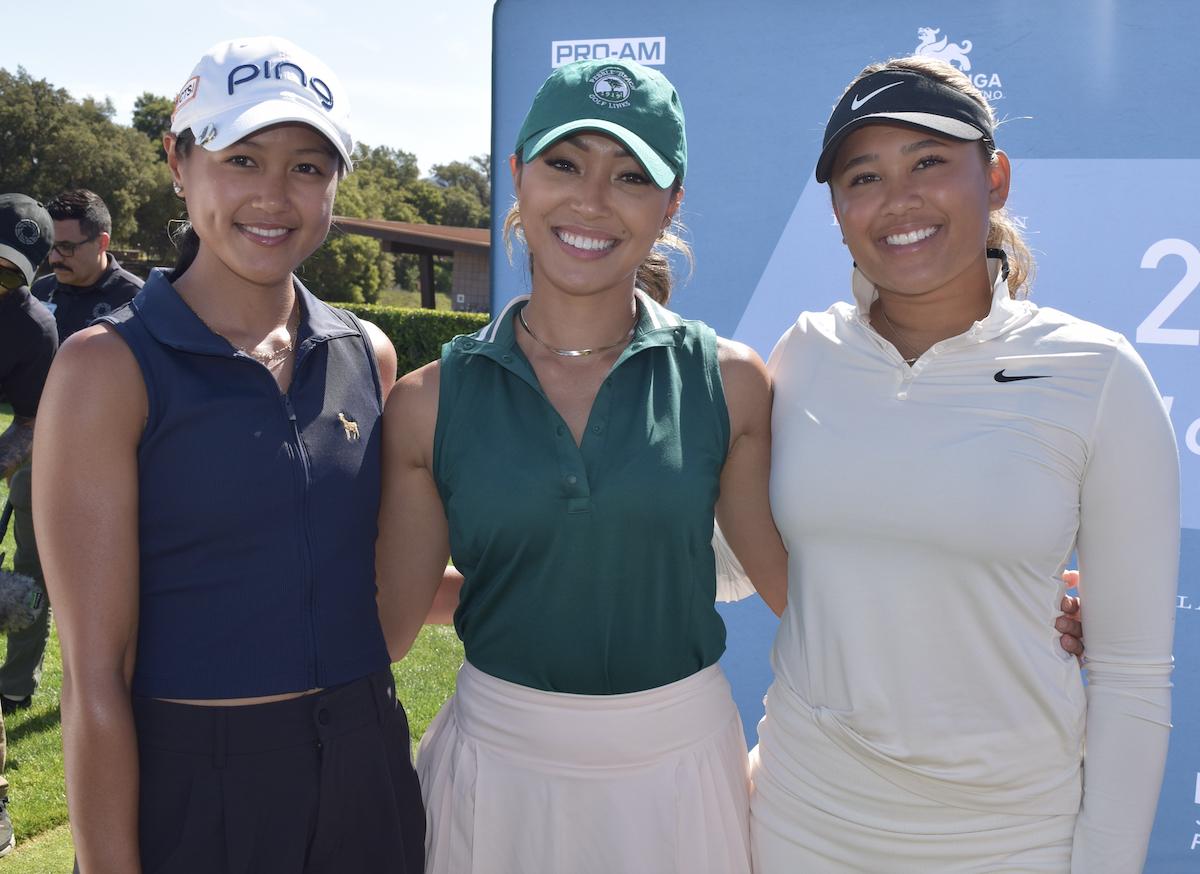LOS ANGELES—The National Council of Asian Pacific Americans (NCAPA), a coalition of 31 national organizations, recently elected a new executive committee that will spearhead its efforts in achieving greater policy presence and impact for Asian American, Native Hawaiian and Pacific Hawaiian (AANHPI) communities.
And leading this new executive committee is Asian Pacific American Labor Alliance (APALA), AFL-CIO executive director Gregory Cendana, who became the first Filipino and the first openly gay NCAPA chairperson.
Cendana and his fellow executive committee members were elected to their respective positions at the NCAPA’s annual retreat early this December. They will serve two-year terms and are expected to lead the coalition in advancing AANHPI interests in America.
“I [am] truly humbled to be elected as the next NCAPA chair,” Cendana told Asian Journal via email correspondence.
“We, as a council, are in a unique political moment and are poised to make some major advancements for our community. With new resources, we have been building our capacity over the last couple of years and are ready to take it to the next level,” he said.
Aside from Cendana, the executive committee includes Asian Americans Advancing Justice Executive Director Mee Moua (vice chair of programs), Japanese American Citizens League executive director Priscilla Ouchida (vice chair of membership), National Asian Pacific American Women’s Forum executive director Miriam Yeung (vice chair of communications and development), Sikh American Legal Defense and Education Fund executive director Jasjit Singh (secretary), and National Coalition for Asian Pacific American Community Development executive director Lisa Hasegawa (treasurer).
Cendana, who has been part of at least one NCAPA Advisory Board, is expected to be fully engaged and participate in all NCAPA events, campaigns and conferences as the coalition’s voice and leader. He is also expected to ensure that NCAPA is moving along with its strategic plan for the year and that they are able to identify strategic opportunities for NCAPA with various stakeholders.
According to Cendana, his election to chairmanship means “there will be an additional platform to help connect the history, struggle and experience of the Filipino community with others in the AANHPI community.”
Aside from the Filipino agenda, Cendana would also like to advocate for the critical issues of comprehensive immigration reform, federal recognition of Native Hawaiians, increase to the minimum wage, and passage of the Employee Non Discrimination Act.
As the NCAPA is a membership-based coalition of more than 30 national organizations, Cendana encourages Filipinos to engage in one of the member groups, like APALA and the National Federation of Filipino American Associations. A full list of these groups can be found on NCAPAonline.org.
Cendana’s message to the Filipino community in America is simple.
“We must unite to show our collective power to ensure our voices are heard,” Cendana said, “Let us take the spirit of bayanihan to build broad coalitions and advance a social and economic justice agenda.”
“For the Filipino LGBT [lesbians, gays, bisexual, and transgendered] community, the message wouldn’t be too different, but I’d add ‘Mabuhayyy!’ [sic]”
“Kaya natin! Yes, we can!,” he added.
(www.asianjournal.com)
(OCIE January 3-9, 2014 Sec A pg.1)





